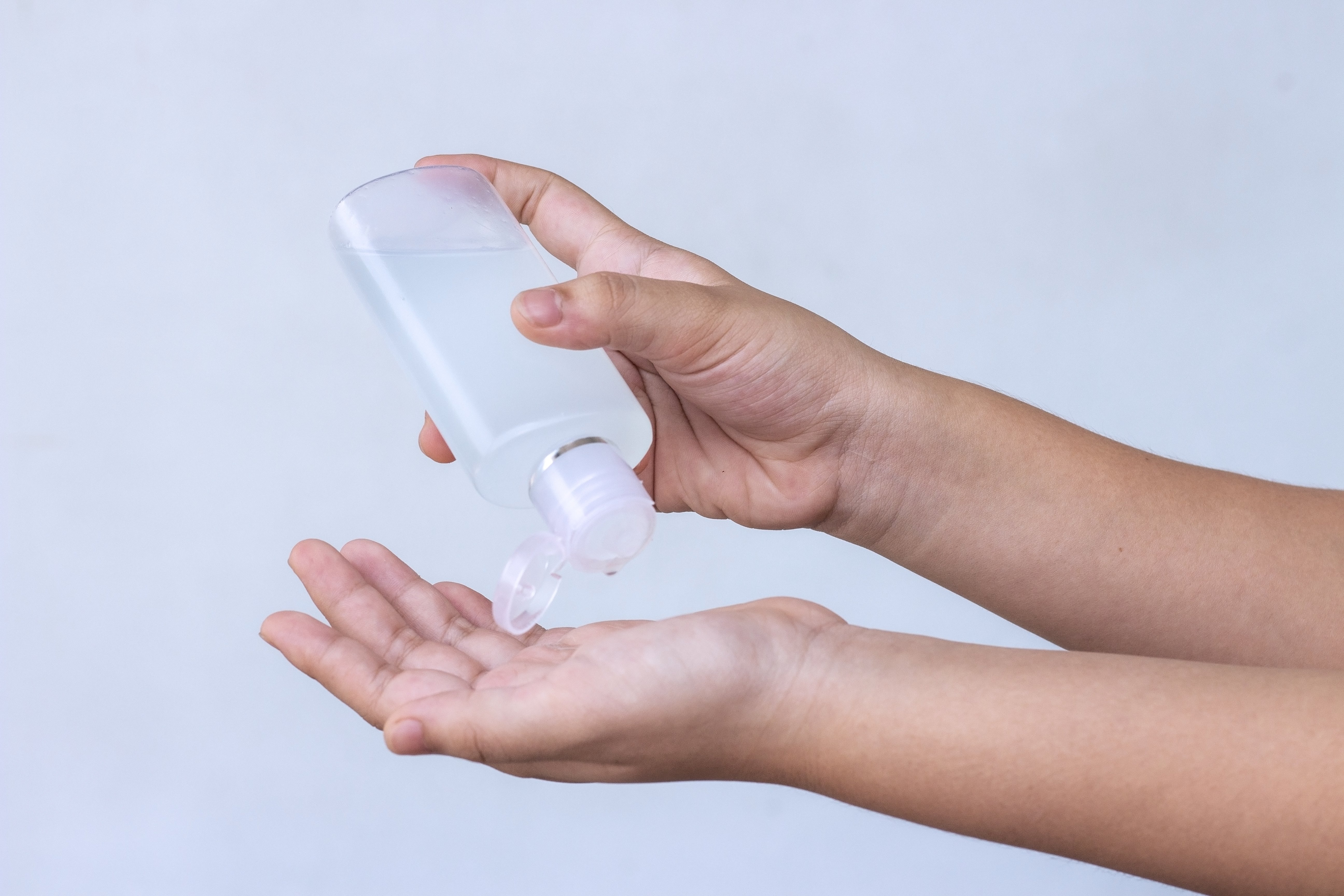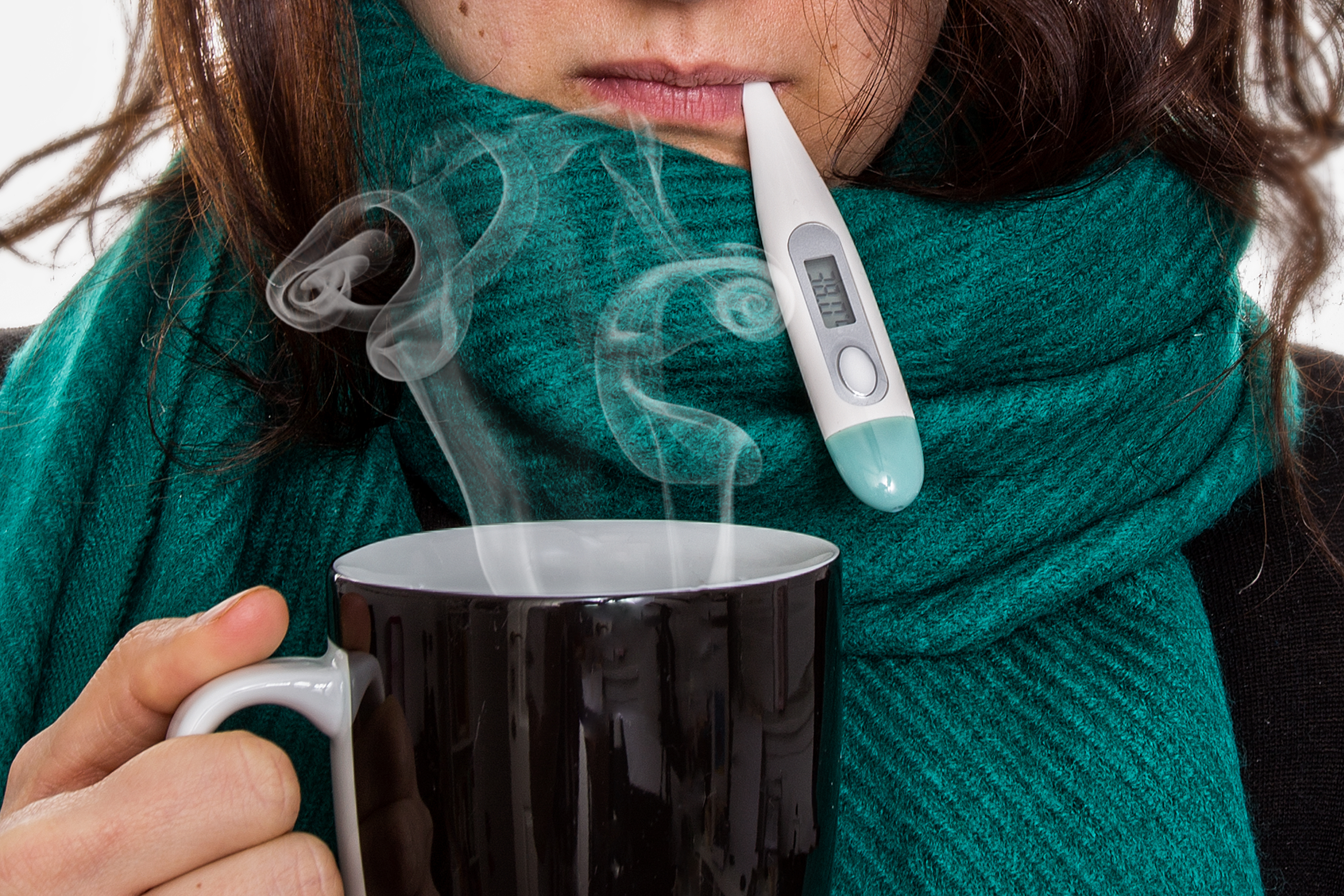The wintertime viral season is upon us, and medical experts say the norovirus is having a huge impact right now. In recent weeks, doctors say there has been a 50 percent increase in the illness. NBC 5’s Christian Farr reports.
Multiple norovirus outbreaks have been reported in Chicago during the month of January, the Chicago Department of Public Health confirmed this week.
According to the city's health department, while individual cases are not typically reported, "several small outbreaks of suspected norovirus have been reported to CDPH in December and January."
A norovirus outbreak is defined as "two or more similar illnesses resulting from a common exposure that is either suspected or laboratory-confirmed to be caused by norovirus," according to the Centers for Disease Control and Prevention.
Nationwide, the trend for positive norovirus cases have continued to climb, with positive cases so far in January more than doubling numbers seen in November, according to CDC data from the week ending on Jan. 4.
Chicago's health department noted the outbreaks are not unusual for this time of year, with norovirus typically seeing a rise in cases from November to April.
"Norovirus outbreaks are usually caused by a sick person spreading the virus through direct contact. Common settings for outbreaks include healthcare facilities, restaurants, and schools or childcare centers," CDPH said in a statement.
Also referred to as "the stomach bug" or "food poisoning," norovirus is characterized by sudden vomiting and diarrhea. The "very contagious virus" is considered the leading cause of vomiting and diarrhea in the U.S.
And it's notoriously difficult to stop.
That's because hand sanitizer is not very effective at preventing norovirus, according to the CDC.
Feeling out of the loop? We'll catch you up on the Chicago news you need to know. Sign up for the weekly Chicago Catch-Up newsletter.
"The norovirus doesn't get killed with hand sanitizer," said Dr. Mark Loafman, assistant chair of Family and Community Medicine at Cook County Health, told NBC Chicago. "So those alcohol products don't work."
The CDC notes that norovirus can found in both vomit and feces "even before you start feeling sick."
"The virus can also stay in your poop for 2 weeks or more after you feel better. You can still spread norovirus during that time," the CDC warned.
Eating raw or undercooked shellfish can also increase the risk of infection. That's because the CDC reports that noroviruses are "relatively resistant to heat and can survive temperatures as high as 145 degrees."
"Quick steaming processes will not heat foods enough to kill noroviruses," the agency notes.
That's why CDPH said the best ways to prevent norovirus include:
-Wash your hands with soap and water well
-Cook shellfish thoroughly
-Wash fruits and vegetables
-Clean and disinfect surfaces with bleach after someone vomits or has diarrhea
-Stay home for two days after your symptoms stop
Norovirus Symptoms
Along with vomiting and diarrhea, the most common symptoms include nausea, stomach pain, body ache, headache and fever.
According to CDPH, the most common symptoms -- diarrhea, vomiting and nausea -- usually develop between 12 and 28 hours after exposure.
"Most people get better within one to three days, but young children under the age of 5 years, older adults, and people with weakened immune systems are more likely to have severe infections," CDPH said in a statement.
One other thing to watch for if you suspect you have norovirus is dehydration.
"If you have norovirus illness, you can feel extremely ill, and vomit or have diarrhea many times a day. This can lead to dehydration (loss of body fluids), especially in young children, older adults, and people with other illnesses," the CDC noted.
Symptoms of dehydration include:
- Decreased urination
- Dry mouth and throat
- Feeling dizzy when standing up
- Crying with few or no tears
- Unusual sleepiness or fussiness



